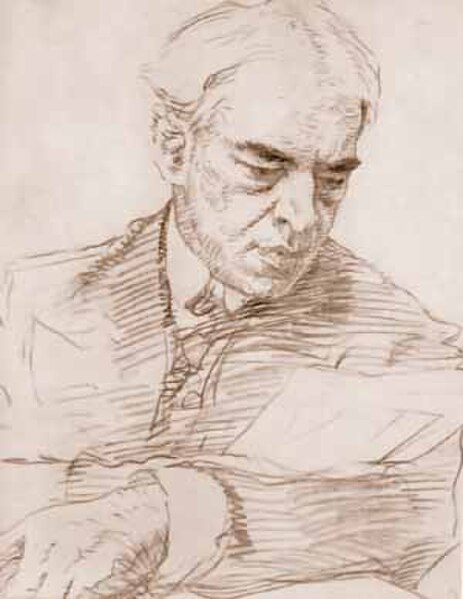Erwin Friedrich Maximilian Piscator was a German theatre director and producer. Along with Bertolt Brecht, he was the foremost exponent of epic theatre, a form that emphasizes the socio-political content of drama, rather than its emotional manipulation of the audience or the production's formal beauty.
Portrait of Piscator, c. 1929
The Volksbühne Berlin, scene of Piscator's early successes as a stage director in 1924
The Piscator-Bühne in Berlin (1927–29), formerly known as Neues Schauspielhaus
Piscator was theater manager of The Freie Volksbühne Berlin from 1962 until his death.
A theatre director or stage director is a professional in the theatre field who oversees and orchestrates the mounting of a theatre production such as a play, opera, dance, drama, musical theatre performance, etc. by unifying various endeavors and aspects of production. The director's function is to ensure the quality and completeness of theatre production and to lead the members of the creative team into realizing their artistic vision for it. The director thereby collaborates with a team of creative individuals and other staff to coordinate research and work on all the aspects of the production which includes the Technical and the Performance aspects.
The technical aspects include: stagecraft, costume design, theatrical properties (props), lighting design, set design, and sound design for the production. The performance aspects include: acting, dance, orchestra, chants, and stage combat.
A director providing instruction
Jean Fouquet: The Martyrdom of St. Appollonia (1460), depicting the staging of a mystery play, led by a theatre director
A portrait of Constantin Stanislavski by Valentin Serov







